Ask AI on The Internet
Question: Which government agency sets rules and regulations to protect the environment and health? What types of products are green? What items can you recycle at your school? What items have to be recycled specially? In composting, how can the resulting compost be used? How much waste do you produce in one day? List everything you throw away and then identify three ways you can reduce your waste
### 1. Government Agency Setting Environmental and Health Regulations: The Environmental Protection Agency (EPA) is the primary government agency responsible for setting and enforcing rules and regulations to protect the environment and public health in the United States. Many other countries have their respective agencies dedicated to similar tasks, such as Environment and Climate Change Canada (ECCC) in Canada or the Environment Agency in the United Kingdom. ### 2. Types of Green Products: Green products are those that have a minimal impact on the environment, promote sustainability, and are generally considered eco-friendly. Examples include: - ***Recycled paper and packaging products*** - ***Biodegradable cleaning supplies*** - ***Energy-efficient appliances (e.g., LED light bulbs)*** - ***Hybrid or electric vehicles*** - ***Organic foods and beverages*** - ***Reusable items (e.g., water bottles, shopping bags)*** - ***Sustainable clothing made from organic or recycled materials*** ### 3. Recycling at School: Schools typically have recycling programs for the following items: - ***Paper products (newspaper, office paper, cardboard)*** - ***Plastic bottles and containers (usually labeled 1 and 2 plastics)*** - ***Aluminum cans and foil*** - ***Glass bottles and jars*** - ***Metals (such as tin cans)*** Items that often need special recycling treatment include: - ***Electronics (e.g., computers, phones, batteries)*** - ***Ink cartridges and toner*** - ***Chemicals (e.g., certain cleaning supplies)*** - ***Certain plastics (e.g., plastic bags, which often require a drop-off at a specific collection point such as grocery stores)*** ### 4. Uses of Compost in Composting: Finished compost can be used in various ways to benefit the environment and improve plant health: - ***As a soil amendment to improve soil structure, nutrient content, and moisture retention*** - ***As a natural fertilizer for gardens, lawns, and potted plants*** - ***To provide a protective layer or mulch over the soil to regulate temperature and reduce weed growth*** - ***To restore or remediate contaminated or eroded soils*** ### 5. Personal Daily Waste: #### Estimating Your Daily Waste: Make a list of items you typically throw away in one day—this can include: - ***Food scraps*** - ***Plastic packaging*** - ***Paper towels or tissues*** - ***Disposable cups or utensils*** - ***Old receipts or other paper waste*** - ***Cans and bottles*** - ***Unused or spoiled food*** - ***Plastic bags*** - ***Single-use coffee pods*** #### Ways to Reduce Your Waste: 1. ***Reduce:*** - Buy products with minimal packaging or in bulk to reduce packaging waste. - Use a reusable water bottle and coffee cup instead of disposable ones. - Opt for a digital receipt when shopping rather than a paper one. 2. ***Reuse:*** - Bring reusable shopping bags to the store. - Repurpose glass jars and containers for storage. - Use both sides of paper before recycling it. 3. ***Recycle:*** - Set up a consistent recycling system at home to ensure that recyclable materials get properly sorted and recycled. - Compost food scraps and yard waste. - Properly dispose of and recycle electronics through designated e-waste recycling programs. By focusing on reducing, reusing, and recycling, you can significantly decrease your daily waste and contribute positively to the environment.
Think your answer is better than the AI's? Post it below.
Other Most Relevant Posts:
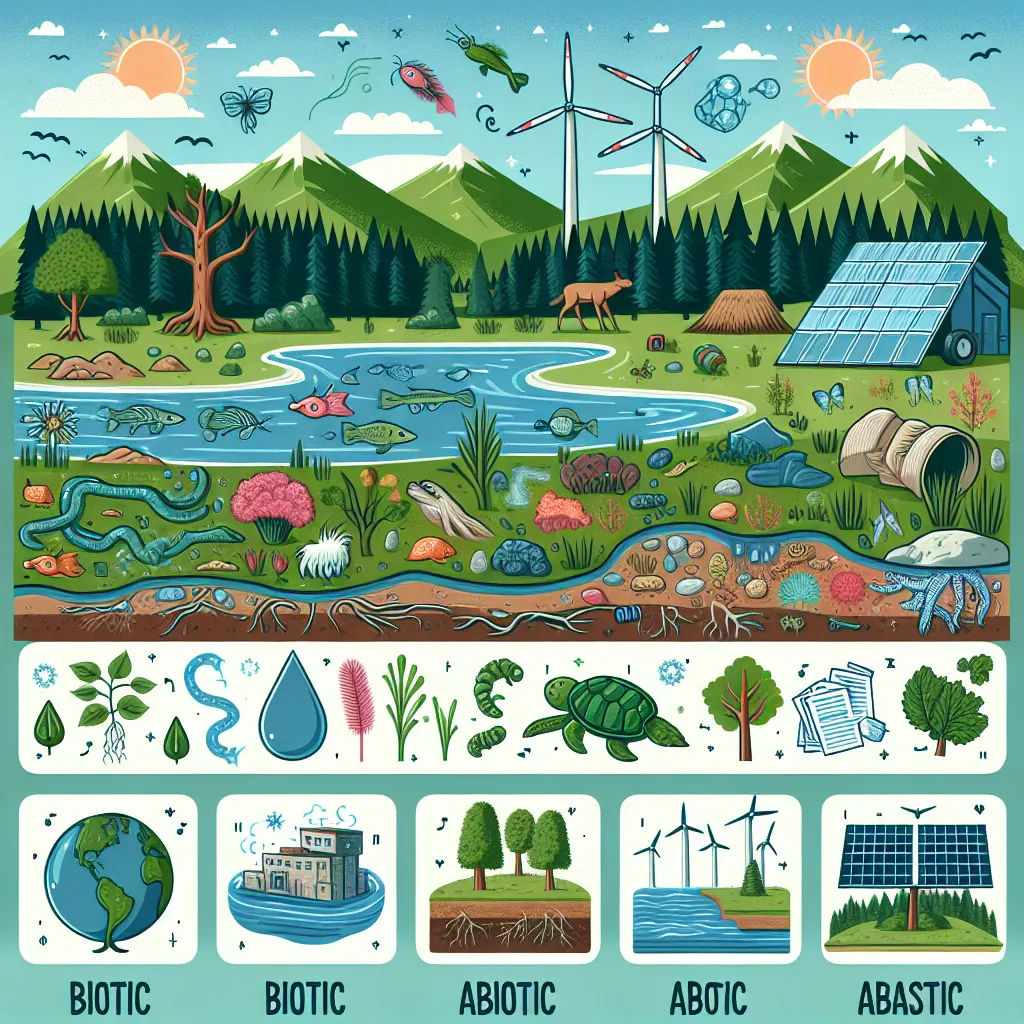 1. Biotic and abiotic parts of an ecosystem
2. Landfills cannot be reused after being full
3. Forests' environmental benefits
4. Earth's main greenhouse gases
5. Impact of greenhouse gases on wea
1. Biotic and abiotic parts of an ecosystem
2. Landfills cannot be reused after being full
3. Forests' environmental benefits
4. Earth's main greenhouse gases
5. Impact of greenhouse gases on wea
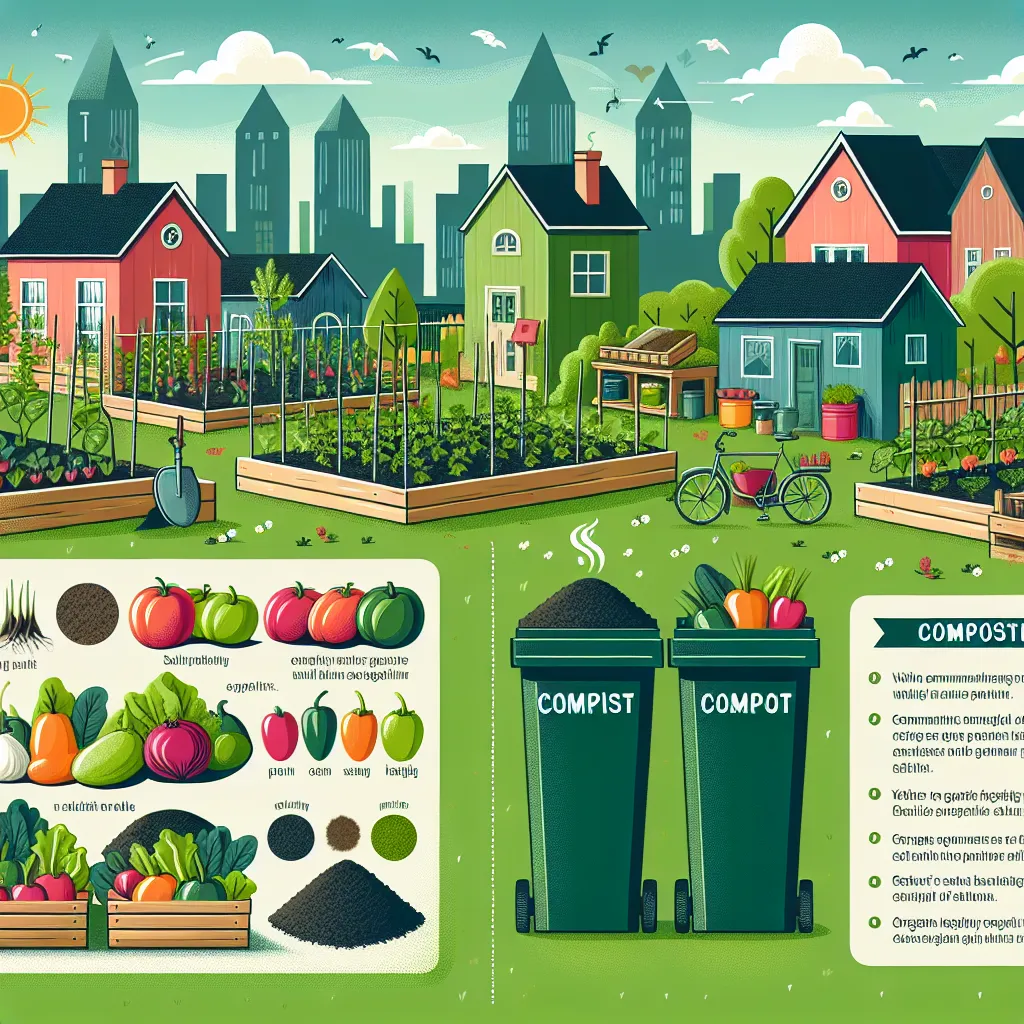 **Unveiling the Impact of Food Waste: From Landfills to Composting – Your Ultimate Guide to Sustainable Practices**
**Unveiling the Impact of Food Waste: From Landfills to Composting – Your Ultimate Guide to Sustainable Practices**
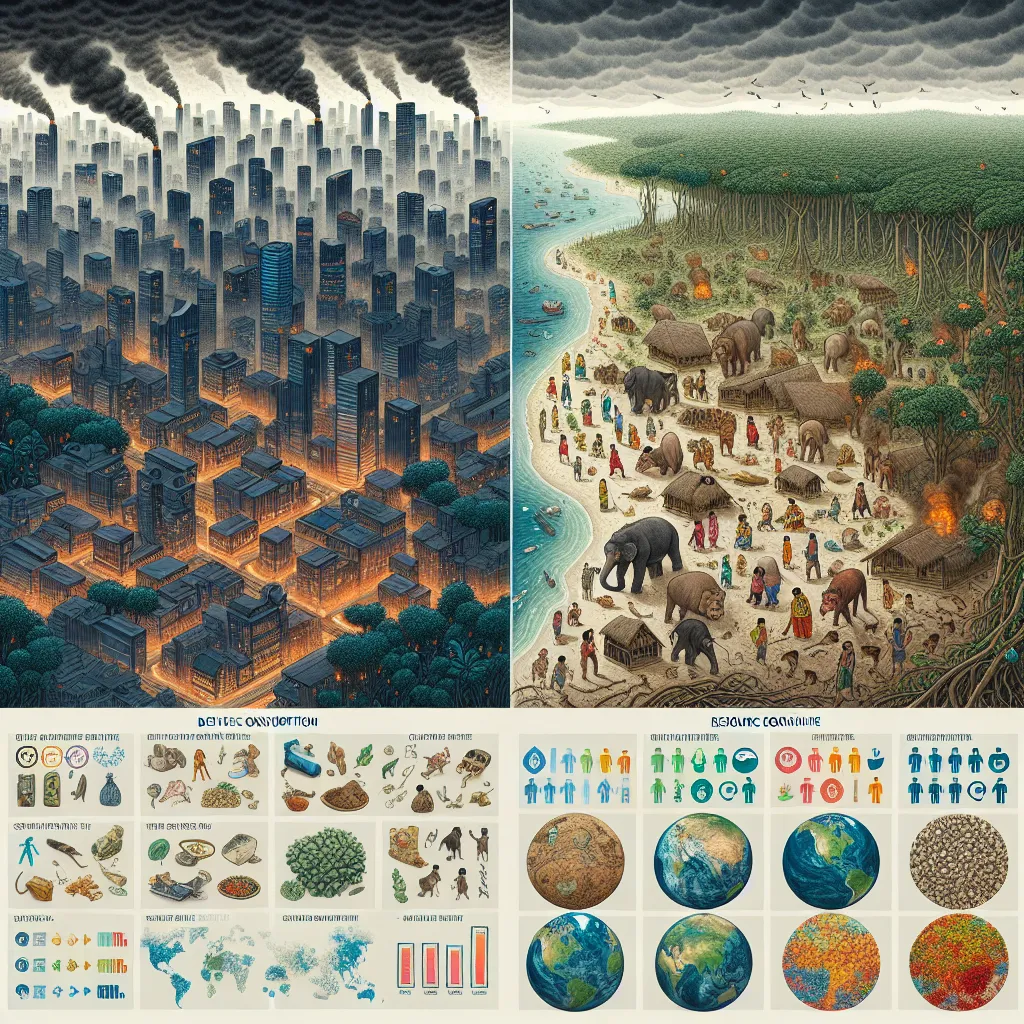 1. **The Strain of Overpopulation on Earth's Resources**
2. **High-Income Countries: Understanding Environmental Impact**
3. **Deforestation's Human Cost on Lives and Livelihoods**
4. **D
1. **The Strain of Overpopulation on Earth's Resources**
2. **High-Income Countries: Understanding Environmental Impact**
3. **Deforestation's Human Cost on Lives and Livelihoods**
4. **D
Question Tags
If you want your question answered by an AI, click here.
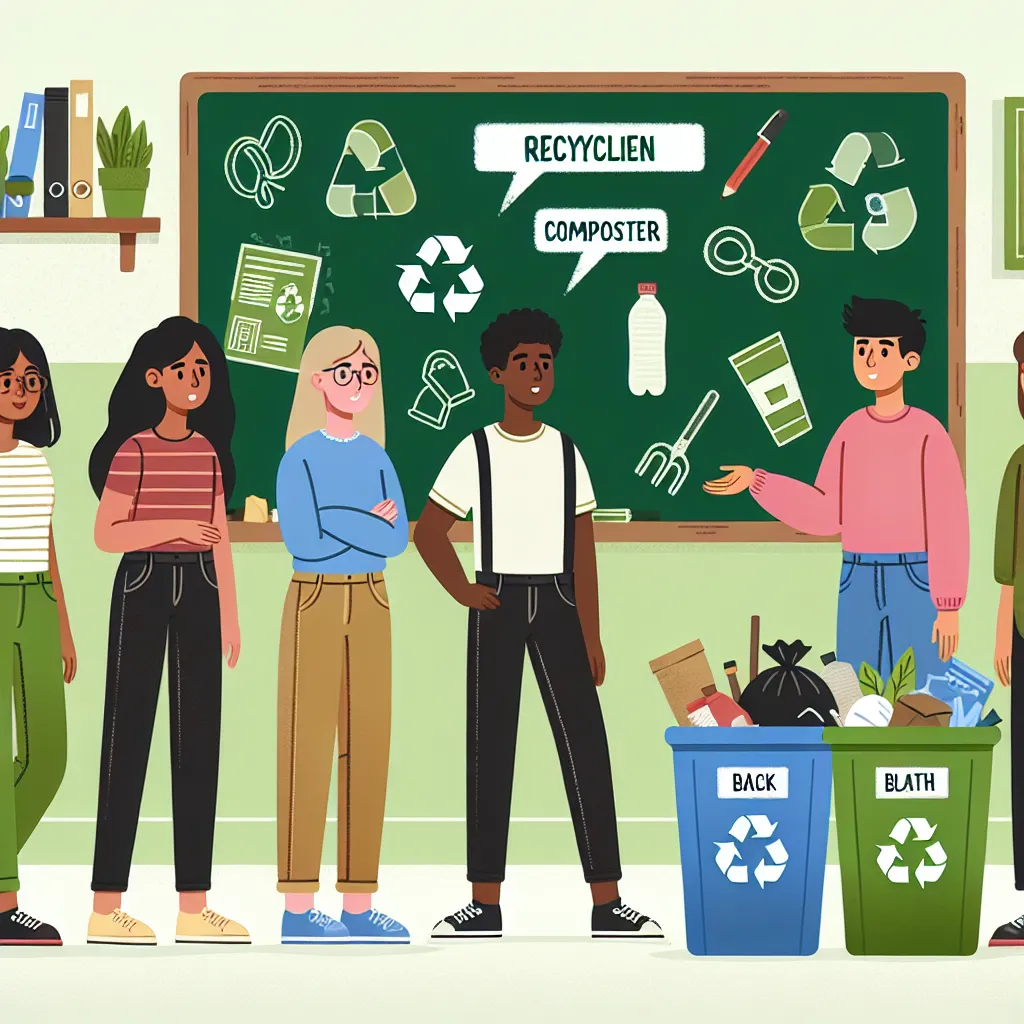
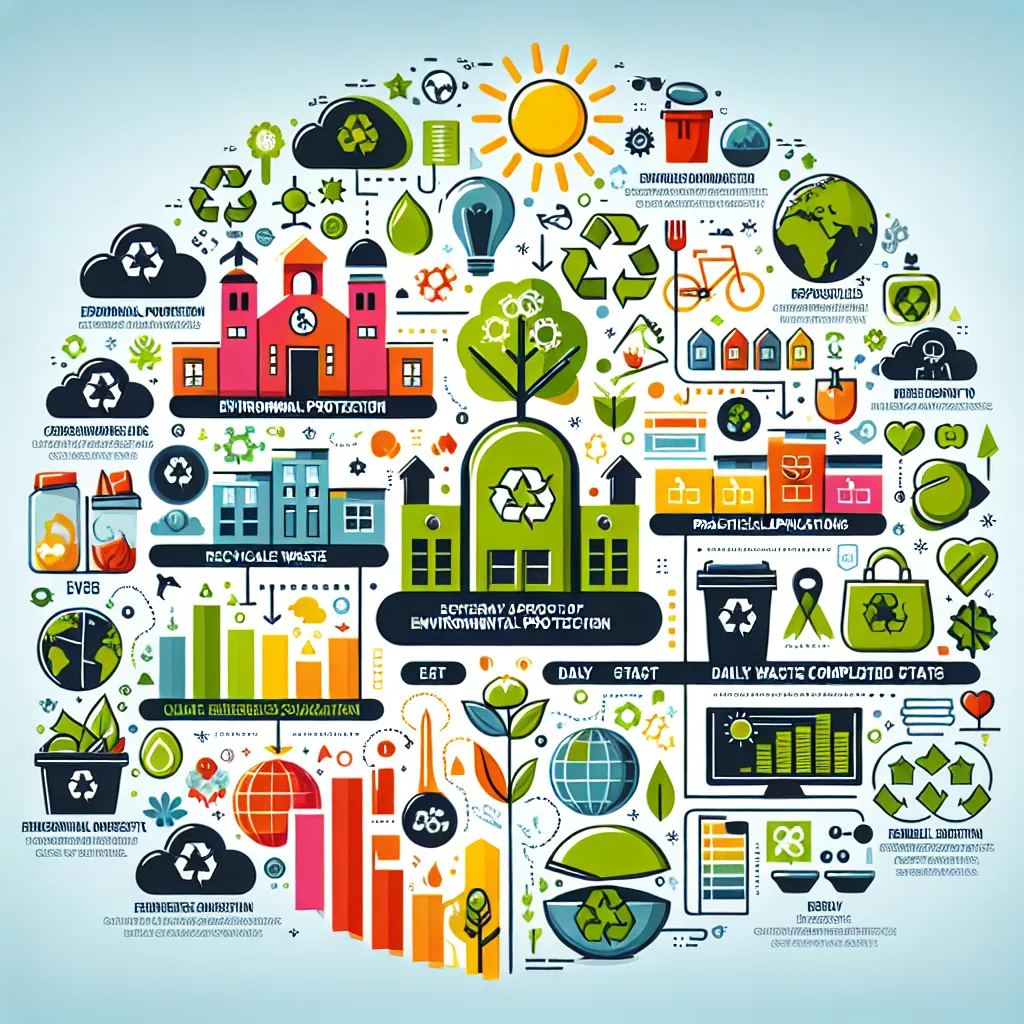
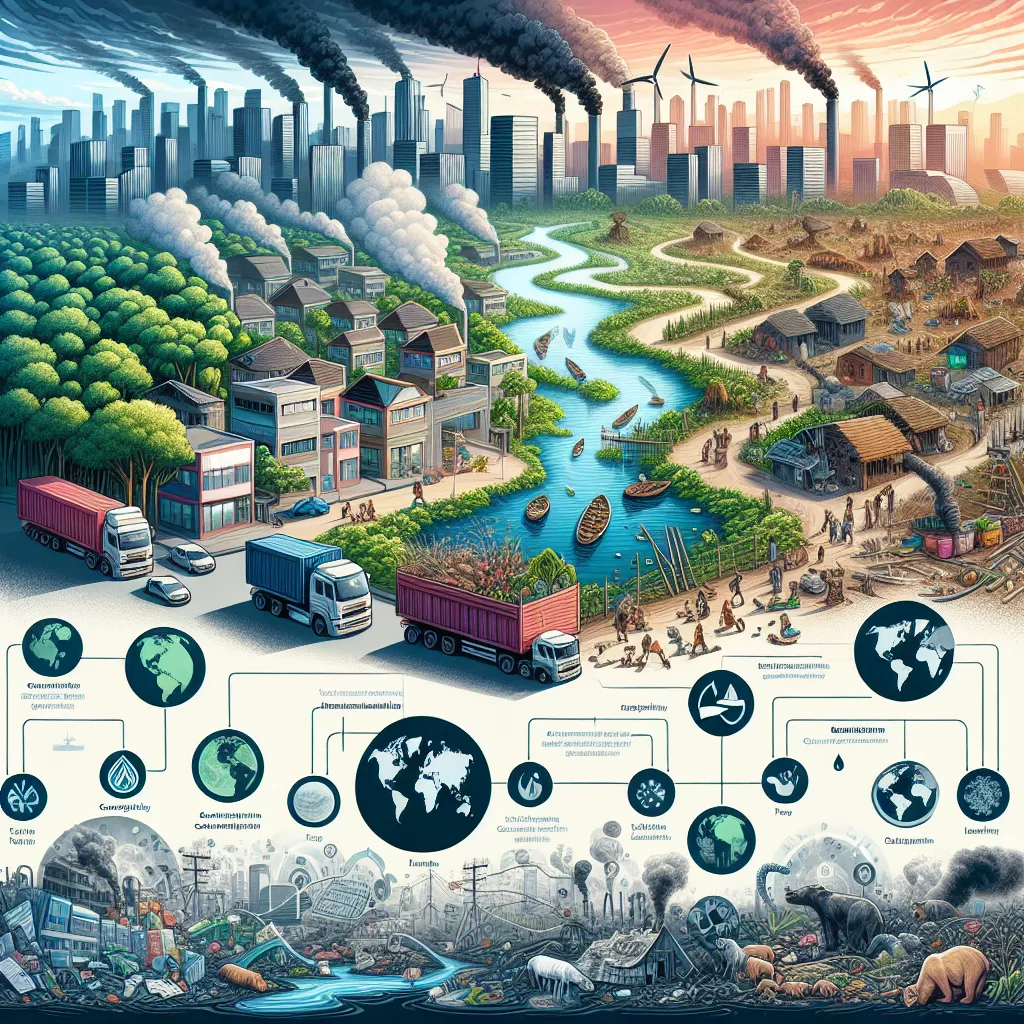
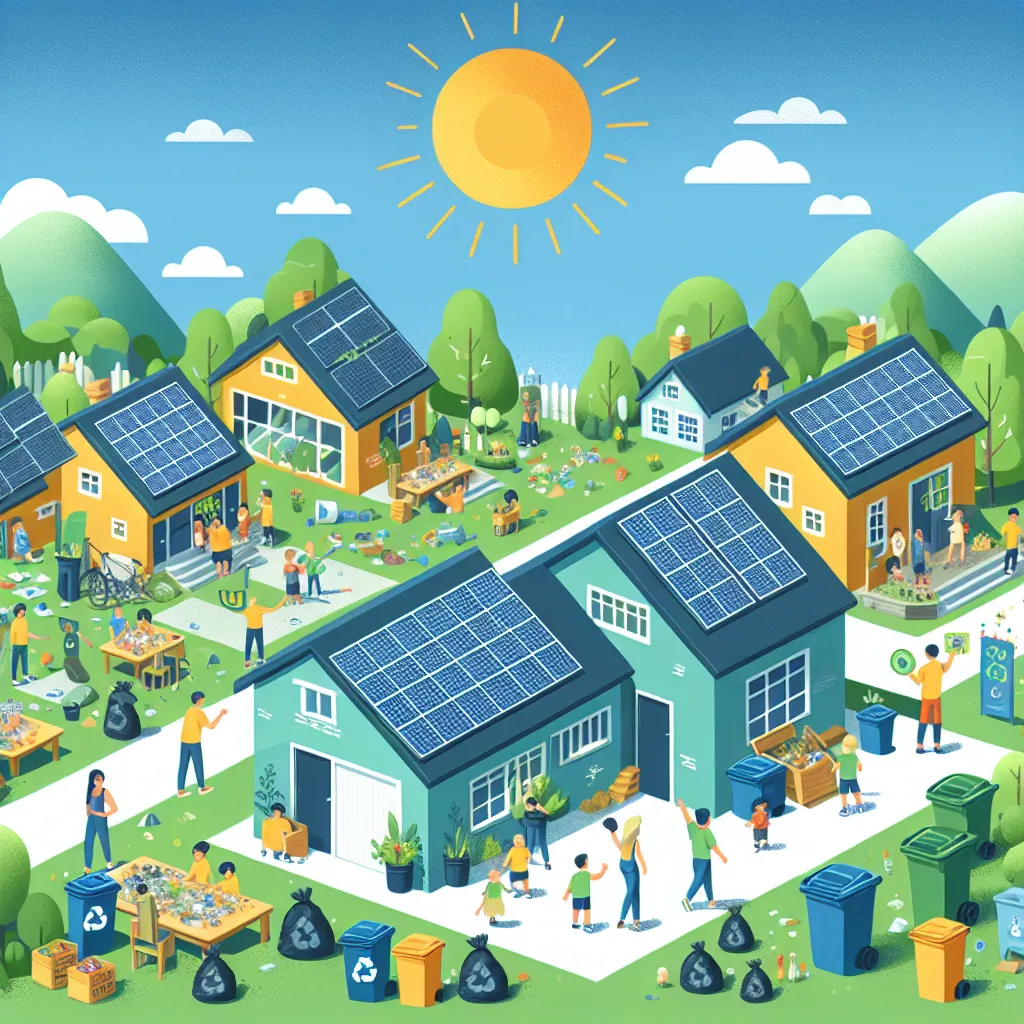
Post your own comment: